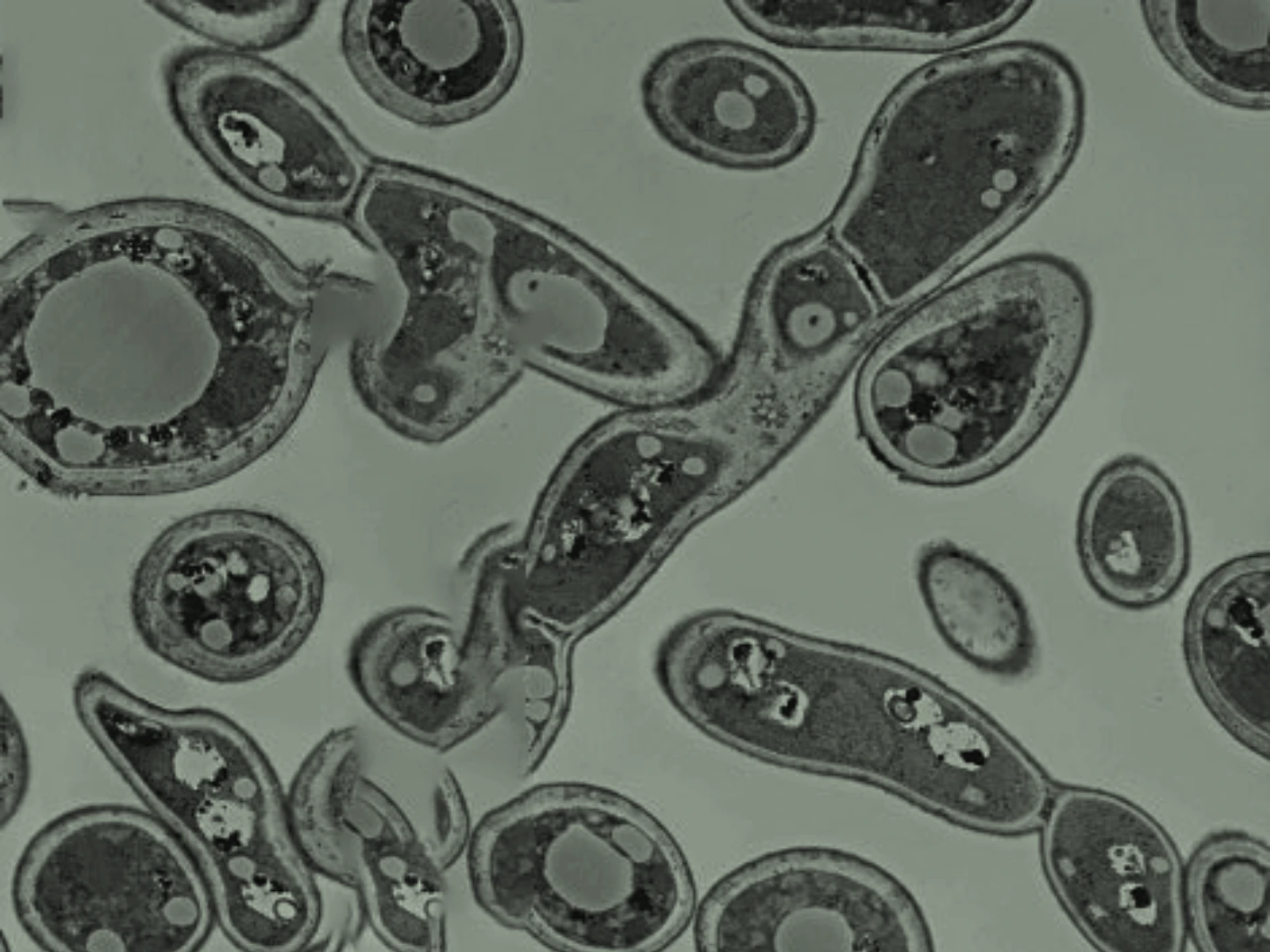Extra 10% Off | Enter code GIFT at checkout
News
8 Minutes

The Folate Cycle: Your body's foundation for renewal
Folate is more than a vitamin. Discover how it fuels methylation, supports brain chemistry, and protects long-term cardiovascular health.
20/09/2025
When you think of folate, you might picture leafy greens or prenatal vitamins. But beneath the surface, the Folate Cycle is one of your body’s most important processes, powering DNA synthesis, cell repair, and even mood regulation.
Folate is more than just a vitamin. Once activated, it fuels methylation, helps regulate homocysteine - an amino acid that, at high levels, is linked to cardiovascular risk and cognitive decline - and supports other key cycles like BH4, which influence neurotransmitters such as dopamine and serotonin.
Why folate matters
When the Folate Cycle runs smoothly, your cells can divide and repair efficiently, homocysteine stays in check, and your brain chemistry stays balanced.
But if this cycle slows down, you might experience symptoms such as fatigue or mood imbalances - but also even experience issues related to fertility and accelerated ageing. At Stride, we’ve found that 41% of our customers show some level of Folate Cycle impairment, making it one of the most common bottlenecks in our testing.
The DNA connection
Your genes influence how efficiently your Folate Cycle works:
- DHFR – processes folic acid and dietary folate into usable forms.
- MTHFD1 – converts folate derivatives into DNA building blocks and methyl donors.
- MTHFR – makes 5-MTHF, the active form of folate. Variants here can raise homocysteine and reduce methylation efficiency.
- MTR – uses 5-MTHF to recycle homocysteine into methionine with the help of vitamin B12.
Variants in these genes can impact how much active folate your body produces — and how effectively it fuels DNA repair and methylation.

Explore each pathway in depth: BH4, Methionine, Transsulfuration, Urea
Supporting your folate cycle
You can support your Folate Cycle with simple, practical steps:
- Eat folate-rich foods: leafy greens, legumes, beans, and seeds.
- Choose active forms: supplements with methylated folate (5-MTHF) may work better if your cycle is impaired.
- Don’t forget the partners: B2, B3, B6, B12, and zinc all play supporting roles.
- Test, don’t guess: serum folate reflects recent intake, while red blood cell folate gives a longer-term picture.
Why clarity matters
Your Folate Cycle is the gateway to many other systems, from methylation and detoxification to neurotransmitter and hormone production.
With 41% of StrideDNA customers showing impairment, knowing how your folate cycle works can explain why you might experience fatigue, mood dips, or elevated homocysteine. More importantly, it gives you the clarity to act through diet, supplementation, or biomarker tracking.
Because when you understand your biology, you stop guessing and start progressing.







